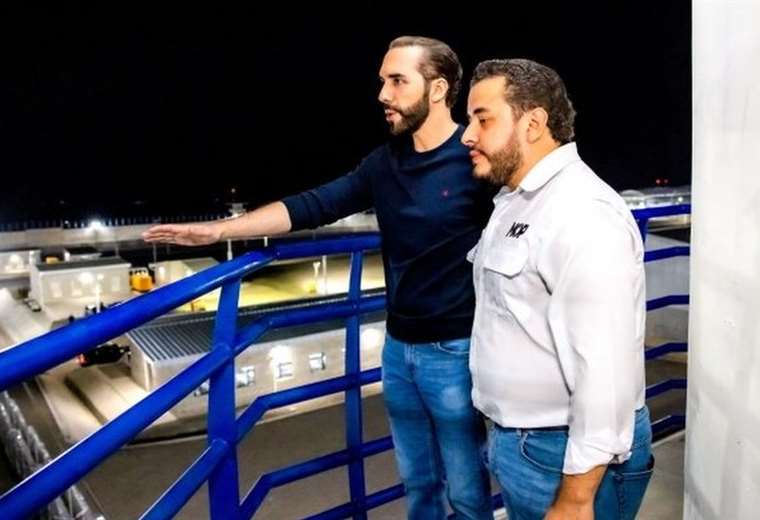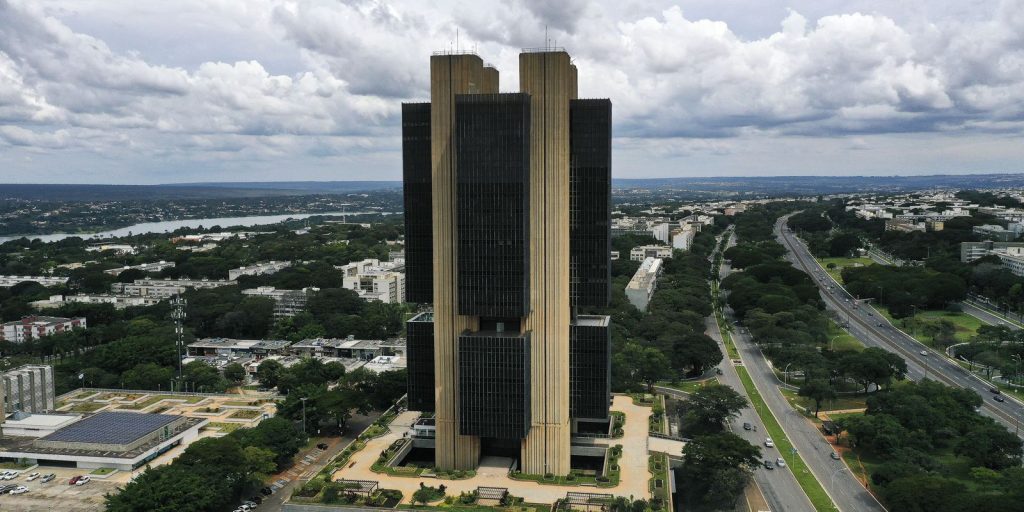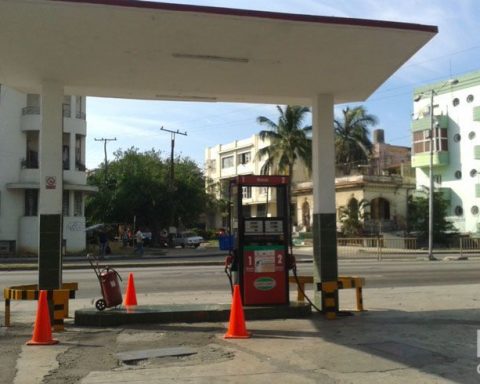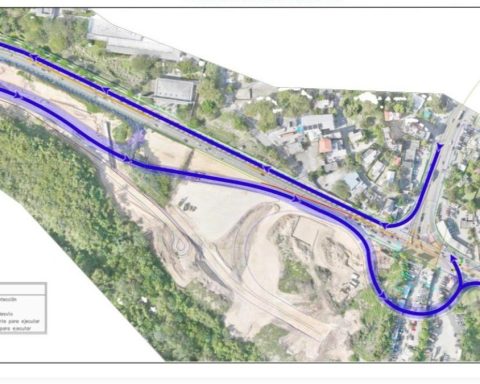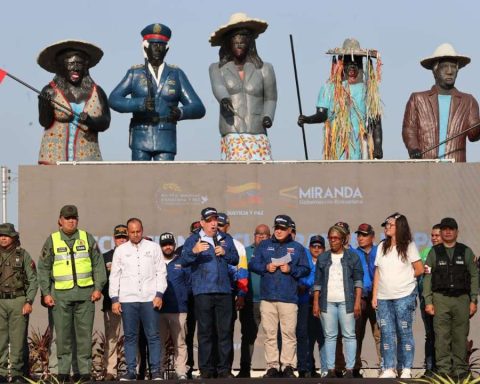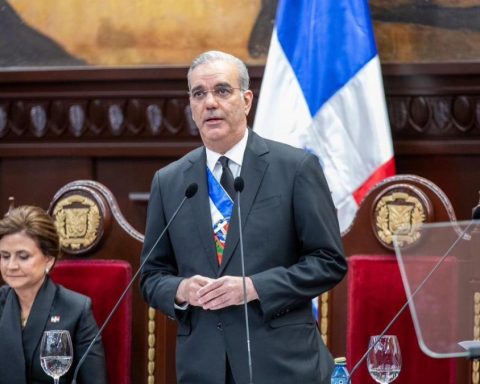February 1, 2023, 23:09 PM
February 1, 2023, 23:09 PM
In the midst of an exceptional regime that restricts individual liberties, the president of El Salvador, Nayib Bukele, announced on Tuesday night the inauguration of a prison called “Terrorism Containment Center”.
In a pre-recorded video, the president toured the different pavilions and areas of the new prison together with a group of government officials.
In the country with the highest rate of prison population in the world, the prison will have the capacity to house thousands of inmates in the context of what the Salvadoran government qualifies as a “wara” against crime started in March of last year.
This prison “will have space for 40,000 terrorists, who will be cut off from the outside world,” Bukele had previously stated in a message posted on Twitter in July, although the capacity of the huge building is believed to be greater.
The complex, built in a rural area near Tecoluca, about 74 kilometers southeast from the capital San Salvador, will be guarded by more than 600 members of the Armed Forces and 250 of the National Civil Police, according to data provided by the government.
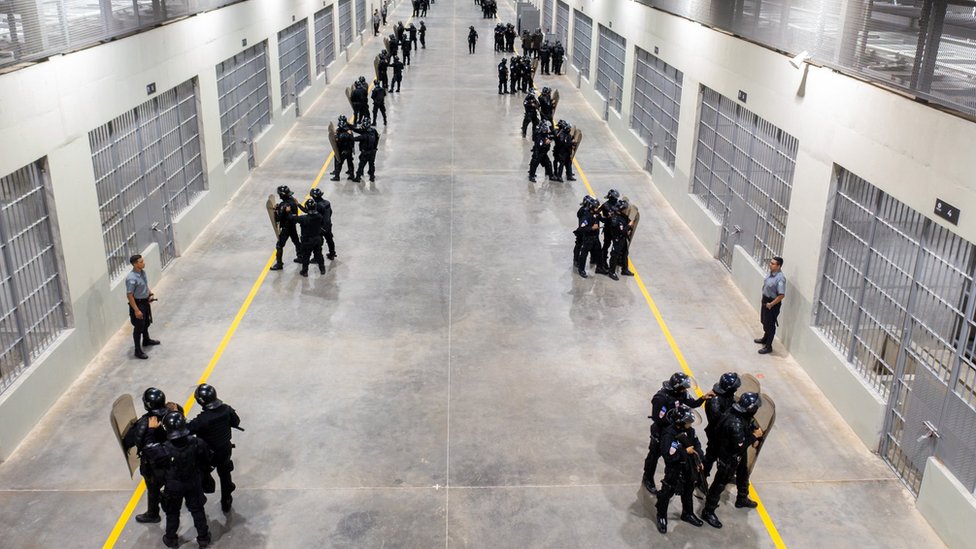
The Salvadoran Minister of Public Works, Romeo Rodríguez, said that this would be “the largest jail in all of America” and that it would be “impossible for a prisoner to leave” the compound.
“The terrorists will pay their penalties”
In this penitentiary center “the terrorists who have mourned so much will pay their caused to the Salvadoran population”, informed the Presidency through social networks.
“Order, control and discipline in the inmates will be guaranteed with the aim of not allowing illegal actions inside or the communication of gang members with the terrorist cells that are remain fugitives from justice“, he added.
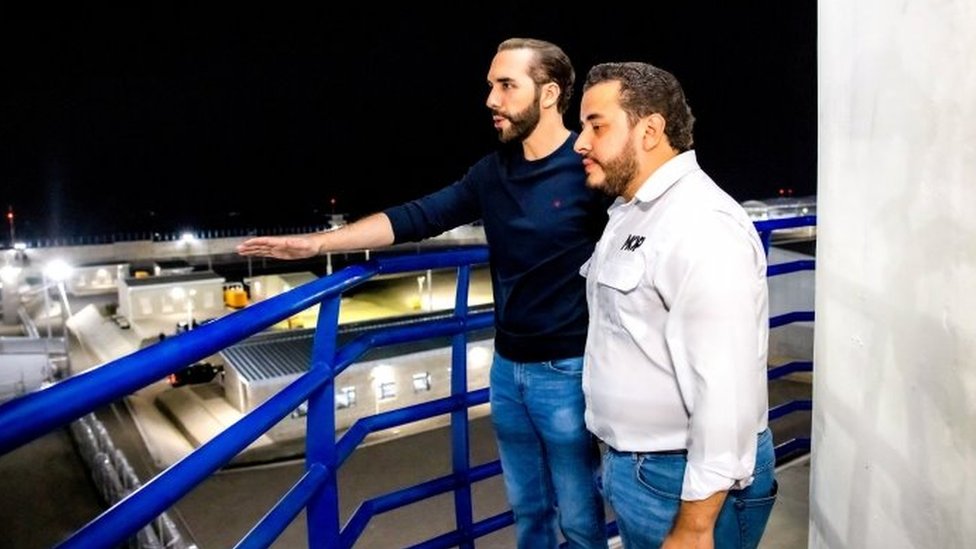
Occupying a space of 23 hectares the mega-prison has eight modules “that will allow the internment of terrorists who were stalking our country,” according to the Ministry of Public Works, which was in charge of the work.
The prison, according to the government, includes prisoner confinement pavilions, a video surveillance system, access control with body and package scanners, 2.1 km long electric fence, punishment cells and 19 watchtowers.
Without access to the press, the cost of the work, the conditions in which the inmates will remain, or when the first transfer of prisoners will take place are unknown.
Since the campaign against gangs began in March, the government has ensured that detained 62,975 people and that the homicide rate dropped 57% in 2022 compared to the previous year.
“Serious violations of human rights”
The mass arrests of suspected criminals as part of the “war” decreed by the government have been criticized by human rights organizations.
The state of emergency currently in force allows authorities to make arrests without a warrant. It was introduced at the end of March after a wave of murders attributed to criminal gangs that have plagued El Salvador and other countries in the region.
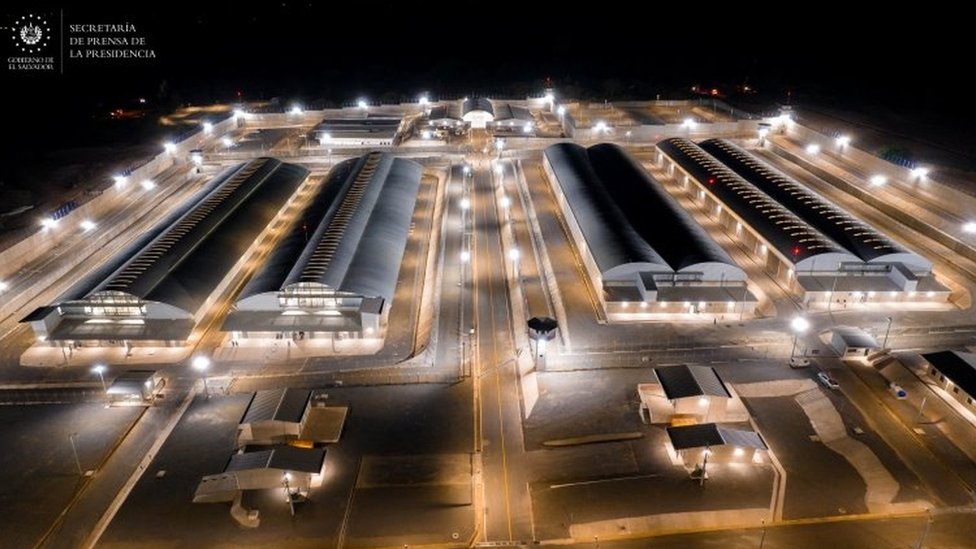
The organization Human Rights Watch (HRW) denounced a few days ago the existence of “serious prison overcrowding” in the prisons, as a result of the detention of suspects.
He also criticized that among the thousands of people detained without due process, there are hundreds of children held in jails, citing leaked government data.
“This leaked database points to ‘serious human rights violations’ committed during the state of emergency,” said Tamara Taraciuk Broner, HRW’s acting director for the Americas.
According to the organization, Nearly 1,000 children, mostly boys, have been sent to preventive detention since last August.
These arrests were made possible by a law that lowered the age of criminal responsibility for gang-related offenses from 16 to just 12, Broner added.
In addition, the agency denounced that dozens of people have died in custody, mainly in the Izalco and La Esperanz prisonsa, which respectively had three and four times as many prisoners as they could hold.
The exception regime in force for 10 months suspends the right to defense and the inviolability of telecommunications, also extends the term of dpreventive detention up to 15 dayswhen it is normally 3 days.
